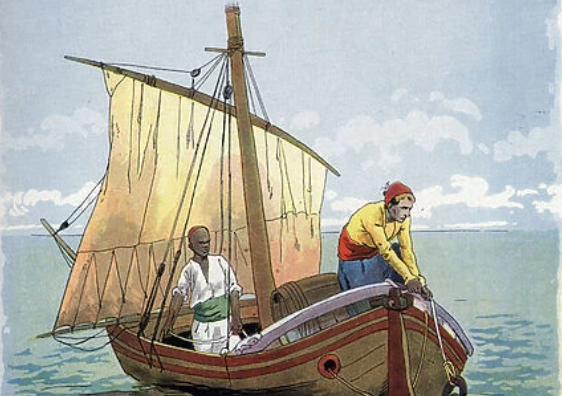
Abstract: This research paper critically examines the materialist issues embedded in Daniel Defoe's seminal novel, Robinson Crusoe. It provides a comprehensive analysis of how material goods are depicted, their significance, and their impact on characters and their environment. The study explores the influence of material wealth on identity formation, examining Crusoe’s transformation through his accumulation of goods and the construction of his fortification as a manifestation of materialism and power. Additionally, it investigates the paradoxical relationship between materialism and isolation, considering how Crusoe’s material possessions offer both comfort and contribute to his sense of seclusion. The character of Friday is analyzed to critique materialism, highlighting the contrasts between Crusoe’s European materialism and Friday’s indigenous perspective. The paper also explores the link between materialism and colonialism, demonstrating how Crusoe’s actions reflect broader colonial attitudes and power dynamics. Employing a qualitative methodology, the research integrates close textual analysis with insights from prominent literary critics. Excerpts from the novel, supported by precise citations, substantiate the arguments presented. The findings illuminate the multifaceted nature of materialism in the novel, showing how material goods shape the protagonists' identities, provide solace, and inflict suffering. The study underscores the degrading effects of materialism and its implications for power and colonialism. This paper contributes to the scholarly discourse on Robinson Crusoe by offering a nuanced understanding of its materialist themes and their broader social and cultural implications, reaffirming the novel's relevance and significance in contemporary literary studies.
Keywords: Materialism; Identity Formation; Power Dynamics; Isolation; Colonialism; Character Development.
